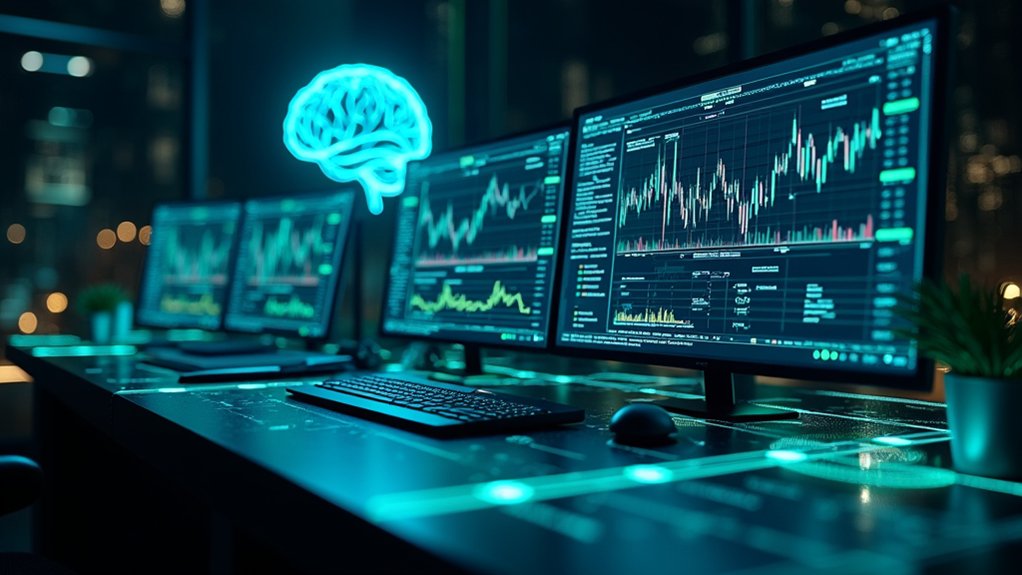How have the advent and integration of artificial intelligence fundamentally redefined the paradigms governing cryptocurrency trading, an arena traditionally characterized by high volatility, rapid information flux, and emotional decision-making? The emergence of autonomous AI agents, functioning as tireless digital co-pilots capable of continuous market monitoring and instantaneous trade execution, has introduced a transformative dynamic that mitigates human psychological biases such as panic-selling and FOMO, thereby fostering more rational and data-driven decision-making processes within crypto markets. These AI systems leverage advanced methodologies including machine learning, reinforcement learning, and large language models to adapt strategies in real time, optimizing portfolio performance and arbitrage opportunities without the emotional interference that has historically undermined trader efficacy. Moreover, these AI agents provide 24/7 monitoring and emotionless decision-making capabilities, which are critical for maintaining competitiveness in the fast-evolving crypto landscape. By collecting on-chain data and identifying patterns through machine learning techniques, these agents can adjust trading strategies within seconds, far surpassing human reaction times. This capability is further enhanced by blockchain’s immutable digital footprints which ensure data integrity in trading operations.
Despite the substantial operational advantages these AI agents confer, their integration into the cryptocurrency ecosystem precipitates significant regulatory challenges, as existing financial oversight frameworks grapple with the autonomous nature of these technologies, the opacity of their algorithmic decision-making, and the cross-jurisdictional implications inherent to decentralized digital asset markets. Regulatory bodies must contend with establishing compliance standards that ensure market stability and investor protection while accommodating the rapid innovation intrinsic to AI-empowered trading platforms. Concurrently, ethical considerations arise concerning transparency, accountability, and the potential for algorithmic biases that may inadvertently perpetuate market inequalities or systemic risks, necessitating rigorous governance frameworks to oversee AI deployment in crypto finance. Additionally, smart contract technology enables automated compliance protocols, presenting a new frontier for regulatory integration.
In parallel, the proliferation of AI agents extends beyond mere trading automation to encompass decentralized finance optimization, fraud detection, and autonomous participation in governance structures such as DAOs, each domain presenting unique complexities related to data privacy, security, and equitable access. The exponential growth of the AI trading platform market, projected to surpass $69 billion by 2034 with recent valuations escalating dramatically, underscores the urgency of addressing these multifaceted regulatory and ethical dimensions. Consequently, the trajectory of AI integration in cryptocurrency trading will likely hinge on a delicate balance between technological innovation and the establishment of robust, principled regulatory architectures that safeguard market integrity while fostering sustainable advancement.









